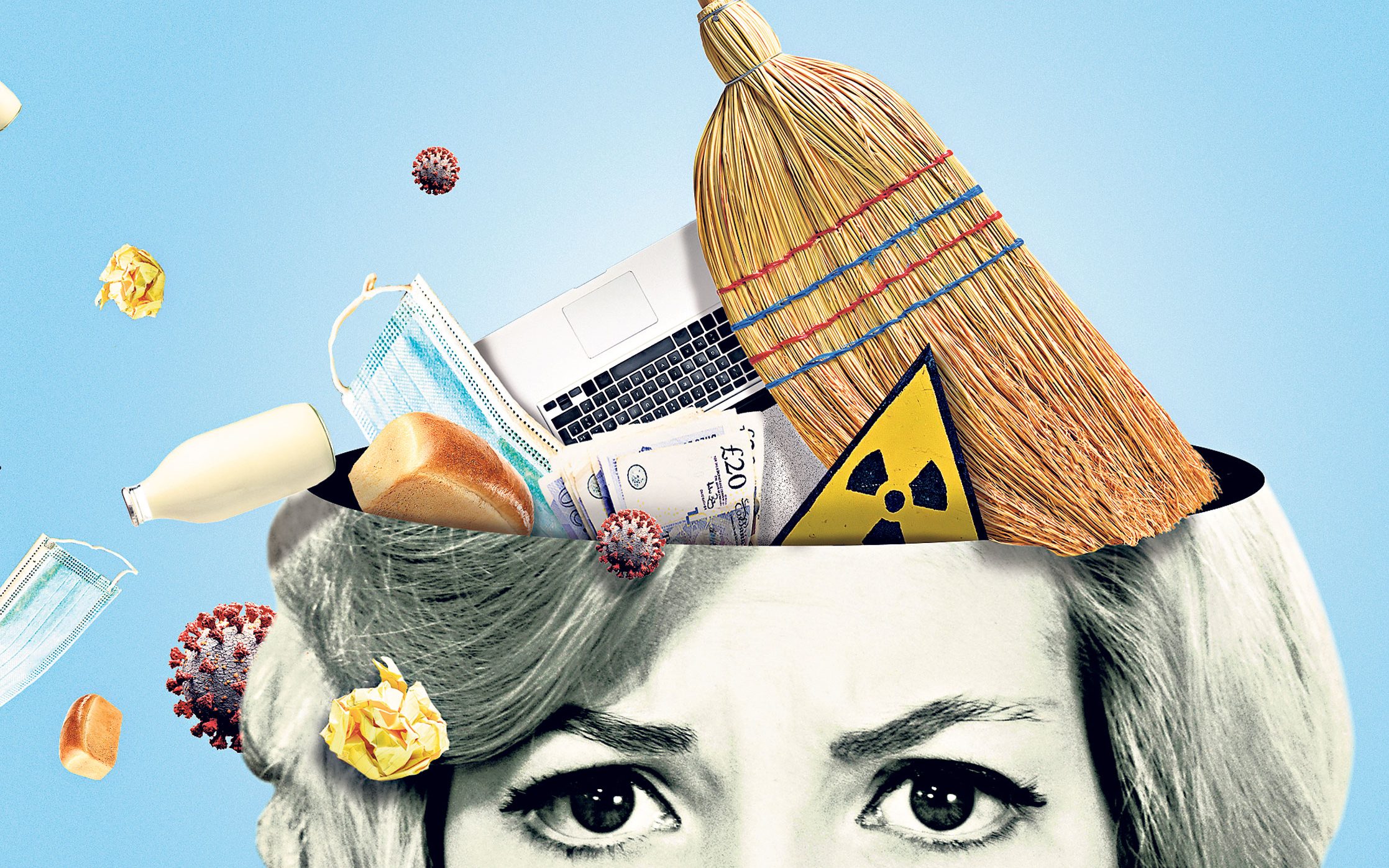Intro
Have you ever seen those videos on YouTube or TikTok about tidying up your room? Honestly, I was deeply healed by this kind of videos. I was relieved just by watching them. Then I suddenly realized that I can also do that, maybe cleaning by myself would be more de-stress. So I tried directly, and apparently the answer is an obvious YES.
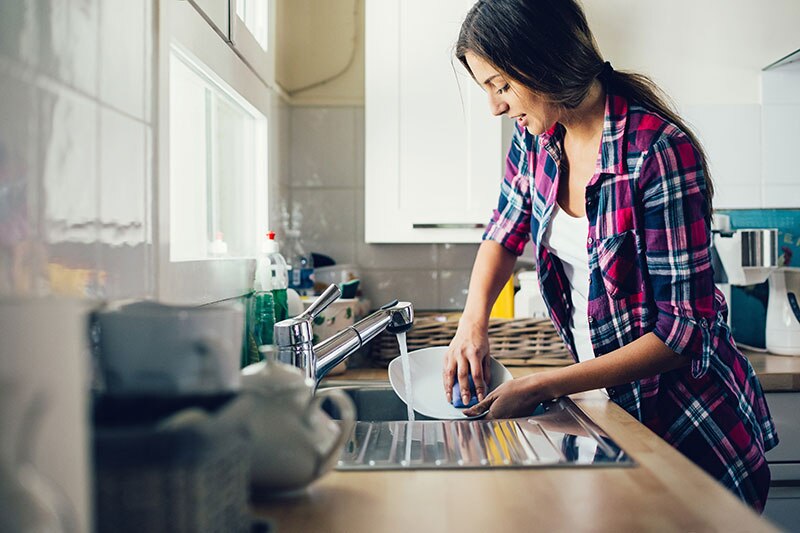
Minimalist Declutter Before And After: Personal experience sharing
I used to look at the 4 or 5 pieces of clothing in my wardrobe and didn’t know which one to choose. There were all the things I didn’t like and I did feel tired and troubled. When faced with too much food, I didn’t even know what to eat.
It wasn’t until I came across minimalism that I knew there was such a way of life in the world. After more than a year of exploration, I finally reached the threshold, but I’m not sure if I touched the essence yet.
Day One: Ask yourself
If you yearn for a happy life, consumerism cannot meet your needs. This is the start of our month of minimalism, looking within ourselves before focusing on the physical things we own.
If you want to understand the meaning of minimalism, you need to first ask yourself: How much better would your life be if you owned fewer items?
As Marie Kondo said, things you keep should be those spark joy.
By asking this question, you can realize the benefits of minimalism before you even get rid of it. It’s important to know what your personal benefits are, because everyone’s benefits are different, and these benefits will motivate you to continue the journey after the three-minute heat.
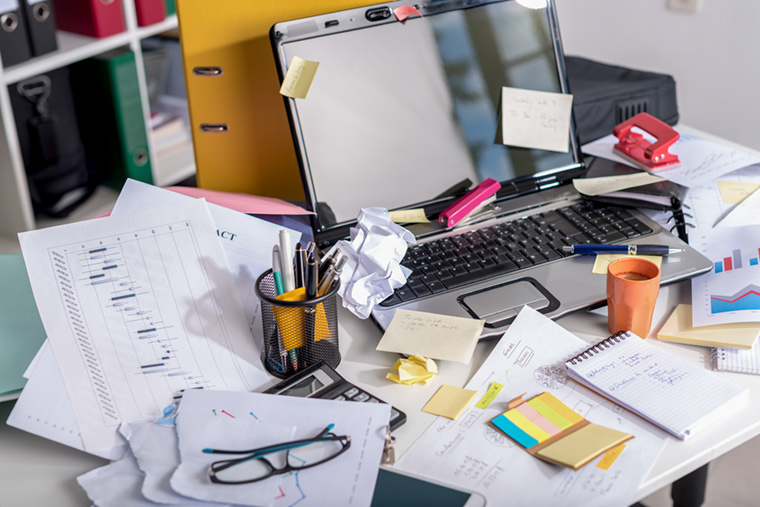
So how much better would your life be with fewer possessions? What did you gain? Improved financial situation? Healthier? More time with family? High-quality relationships? A pleasing living room? Less stress? Pursue what you love? What else?
Ask yourself, what kind of good life do you want to live by having less?
My answer is: Don’t worry about too many things every day, make your daily life a habit, and then you can have more energy to focus on things that you think are more important, such as reading your favorite book that you haven’t read in a long time and making arrangements. Spend time traveling to places you have longed for; at the same time, you see things you like every day, feel very comfortable, and live a comfortable life.
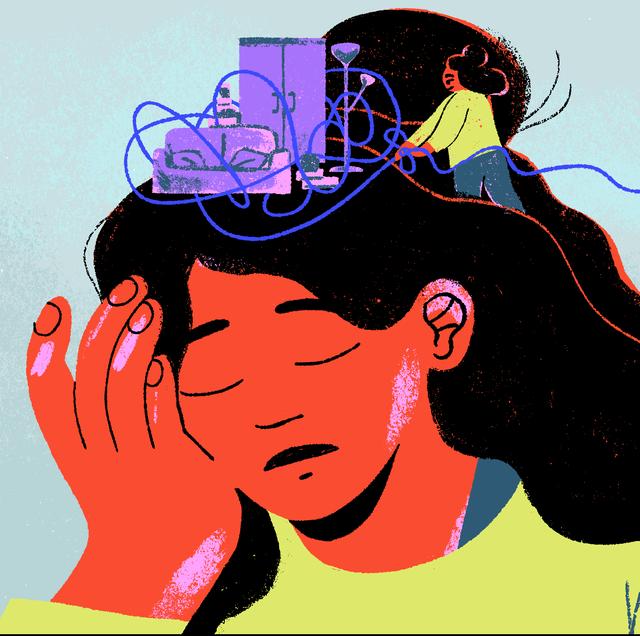
Another point is that the things you see every day are limited, your attention will not be distracted, you can focus on the things you care about, and sometimes even if you are bored, you will not waste time on meaningless things (if you have a computer, Or a TV, you can turn it on involuntarily, but after throwing it away or putting it away, you won’t notice it), but you can seriously daze (by the way, daze is good for relieving stress and promoting physical and mental health), and then you can think Life, live in the moment.
Day Two: Beneficial
Everything you own either serves you a purpose or sparks joy.
Whether you’re debating what to throw away or considering what to buy, this question will help you make a decision: Will this item benefit your life?
If it is useless, we are willing to give it up. Just because something was good for you yesterday, doesn’t mean it will be good for you tomorrow. So we have to keep asking ourselves until it becomes a habit.
What items do you still have that no longer contribute to your life? Give it up, it will just sit there in your home, office, and life until it comes back to life in the hands of another person. We have to keep throwing and throwing.
Just like the core point in “Breaking Away”, if an item has no connection with you at the moment and has no meaning, please abandon it!
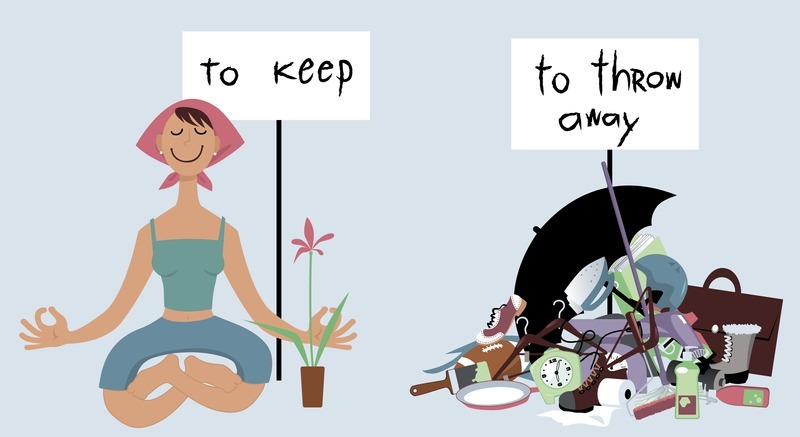
So, for me, if a nice-looking dress is put in front of me, but it doesn’t fit me well, I would rather not wear it and choose something that I feel comfortable wearing. If I liked a piece of clothing before, but now my taste is different and I have a new love, I will let go of the old love, thank it, and let it find a new owner. I thought that if something in my home disappeared suddenly, but I didn’t know it, it must have nothing to do with me. Every time I sealed up some things that I didn’t usually use, I found that there was no feeling of nostalgia for these things at all. Useful place. I think I should throw them away or donate them to someone in need.
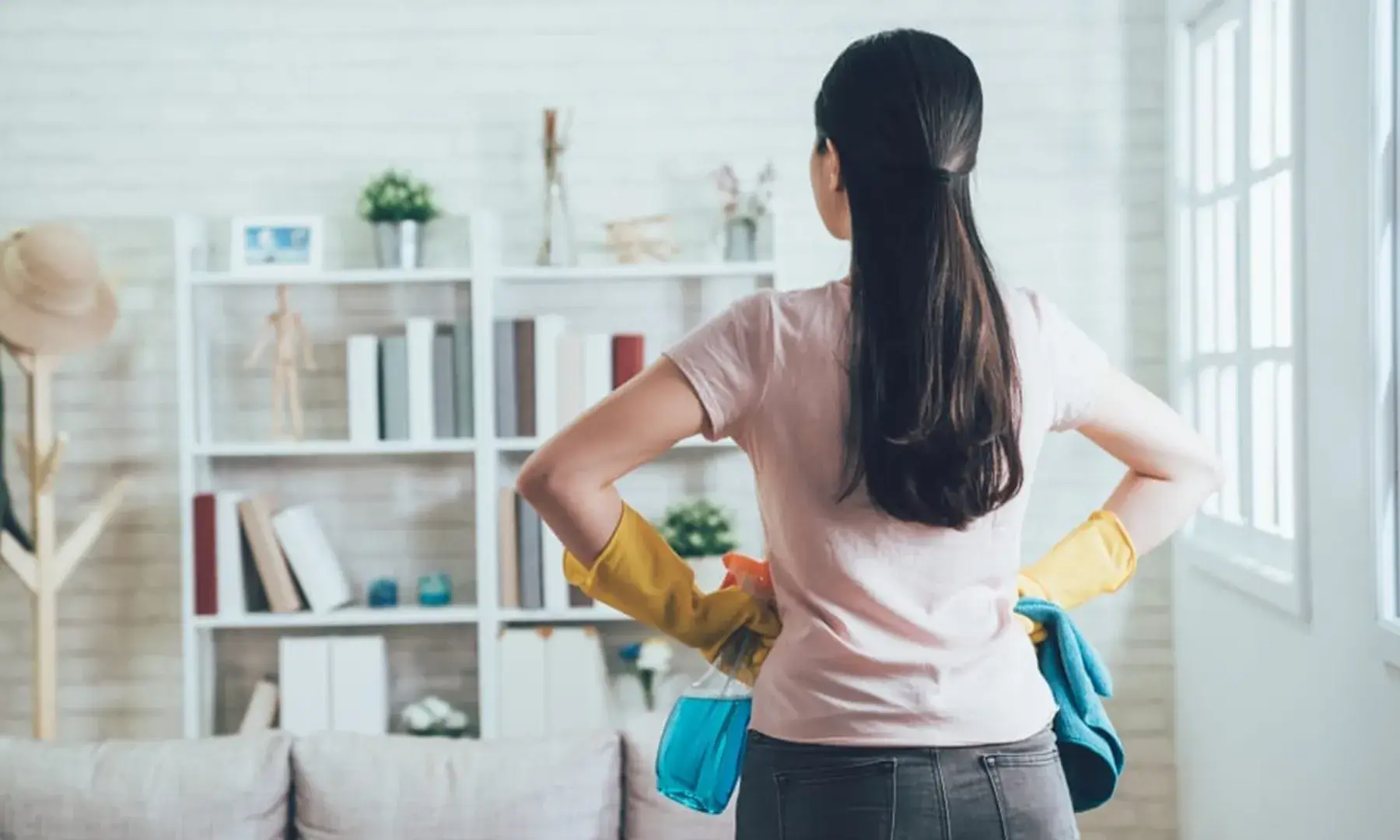
I once saw a man on TV who would name every item he owned. For example, a pair of his pants was called “Tony”. He felt that in this way, every item he owned was as if it had a life and was with him. Be friends and serve yourself. At that time, I thought this person was stupid. Thinking about it now, this also shows that he cherishes every item he owns and regards it as his friend, which is really sweet.
Minimalist declutter before and after: Mindfulness
I think my idea of being a minimalist declutter before and after is really a mindful process. Because I am mainly talking about psychological transformation in this article, I have summarized a few main ideas for your reference.
Old items disposal concept
A messy room can only divert your attention and make you more anxious. Therefore, develop the habit of organizing at random on weekdays, and pack up unnecessary things on weekends to donate to others or throw them away. A clean and tidy room will bring you a good mood throughout the week.
However, how to dispose of old items, minimalism generally tries to get rid of items that have no value to itself. Sell the items that can be sold, and throw away items that are difficult to cash in, cannot be given away, and are of too low value; facts show that, A simple and refreshing environment can make us happy physically and mentally, and help us think and create.
Clutter not only takes up space, leads to waste, causes visual pollution, but also distracts our attention and brings psychological pressure, which has many disadvantages.
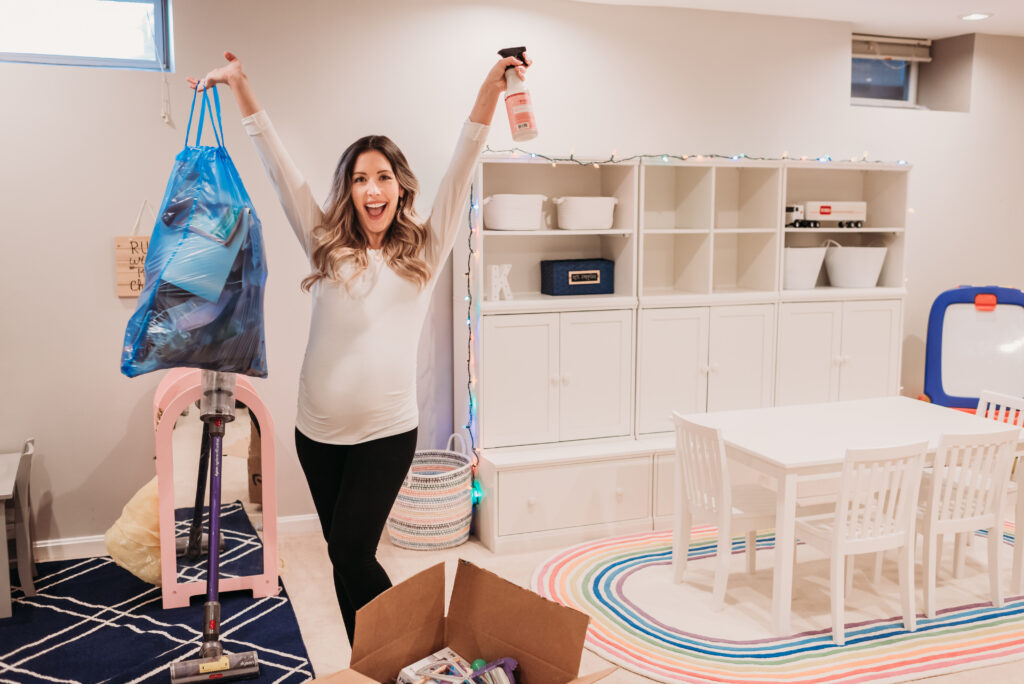
Consumption Concept
If I could use one word to describe the minimalist concept of consumption, I think it would be: mature.
In our current society, we are passively exposed to advertisements thousands of times every day. Under such indoctrination, how many people can maintain rational consumption?
When buying items that will be used for a long time, try to buy high-quality products that are affordable. Note, this is a premium product, not a luxury product.
When buying health-related items, prioritize health factors; when buying non-essential items, ask yourself: Why did you buy it, where will it be in three years, and what will you do with it if you don’t like it? Learn from the irrational purchasing behavior caused by thinking limitations, but do not generate too many negative emotions.
When you decide what you want to buy, don’t be picky because of the price/performance ratio. Choose two or three reliable ones and make a simple comparison before buying directly. You must know that time itself is very precious.
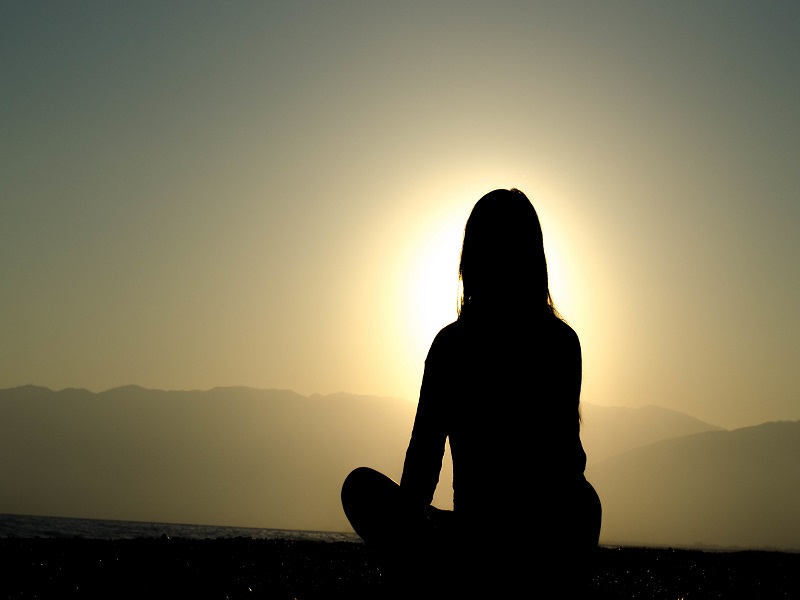
Social Concept
The turmoil within us is not caused by material complexity. All our inner turbulence is caused by social interaction.
In this era where friends are added soon after meeting each other, if we break down our various circles carefully, we will find that at least one-third of our “friends” are not even acquaintances. There are also a third of your “friends” who are not familiar with you, and you don’t dare to ask them when you need help. The remaining one-third of “friends” are acquaintances, including relatives, friends, colleagues, partners… This is our real circle of friends.
A disorganized field.
Therefore, we need to “clean up” our social life.
First of all, make a clear positioning of friends (deep friendship or shallow friendship) and allocate energy reasonably. Moreover, staying away from people with negative energy and mismatched views and giving your time to them is a waste of life. Secondly, there is no need to rush to make friends with anyone, even those who are worth making friends with.
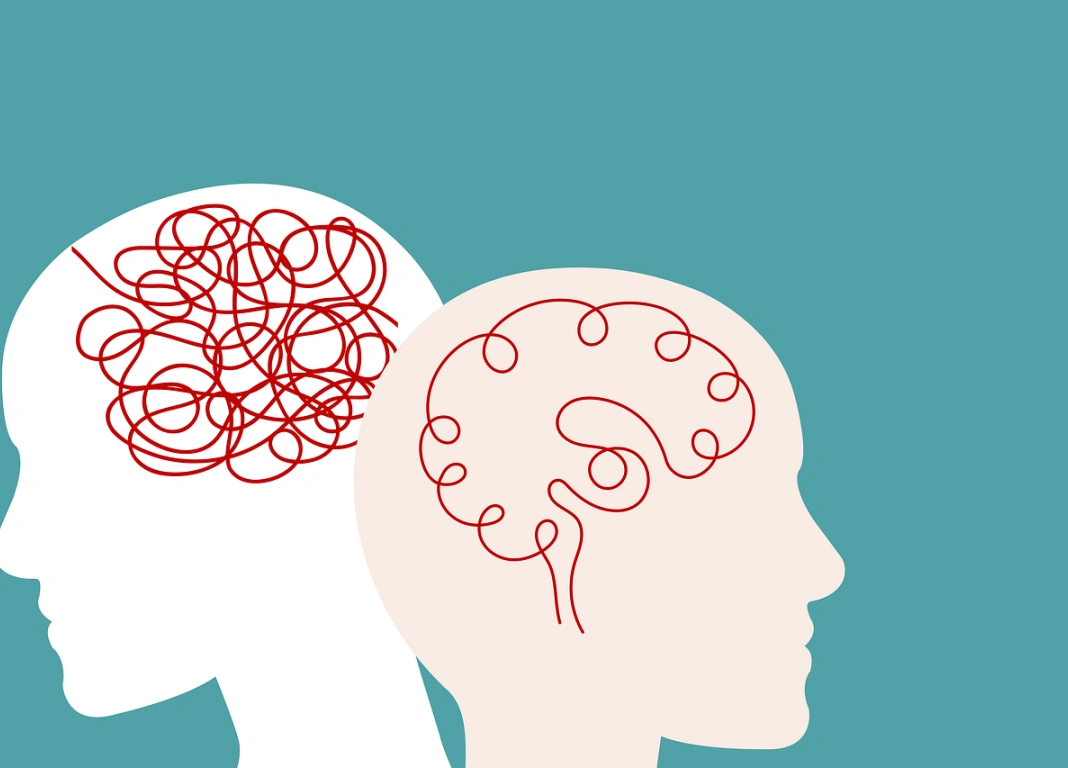
Behavioral Philosophy
Minimalism is a door to a good life. A simple life with few things will make life return to its original nature.
And the meaning of life will return to us in an adaptive state because of minimalism. Try to stay away from non-nutritive news such as novelty, entertainment, and people’s livelihood news, and search and learn more about targeted topics.
The most important thing is that focusing on doing things, doing only one thing at a time, and paying attention to the content of one topic will improve learning efficiency. Try to take less pictures, take less pictures, and miss less. People who have no future will dwell on the past.
Choose to do what you think is right, correct yourself if you are wrong, accept your past self, be cautious about other people’s suggestions, do not be superstitious about authority, and do not despise the truth.
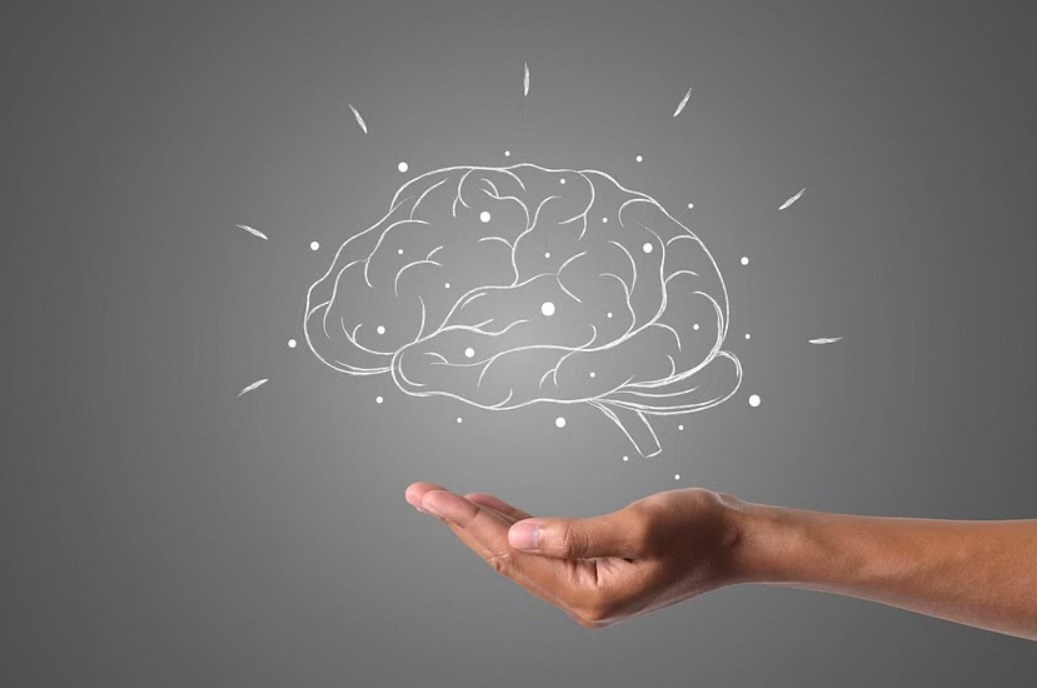
Conclusion
I’ve shared my minimalist declutter before and after thoughts through this article. In the next article, I will talk about the declutter process of specific rooms and spaces. Please stay tuned.
If you want to know more about mindfulness in specific declutter rooms, check out our previous article:
Japanese Minimalism: How to Declutter Your Life?

